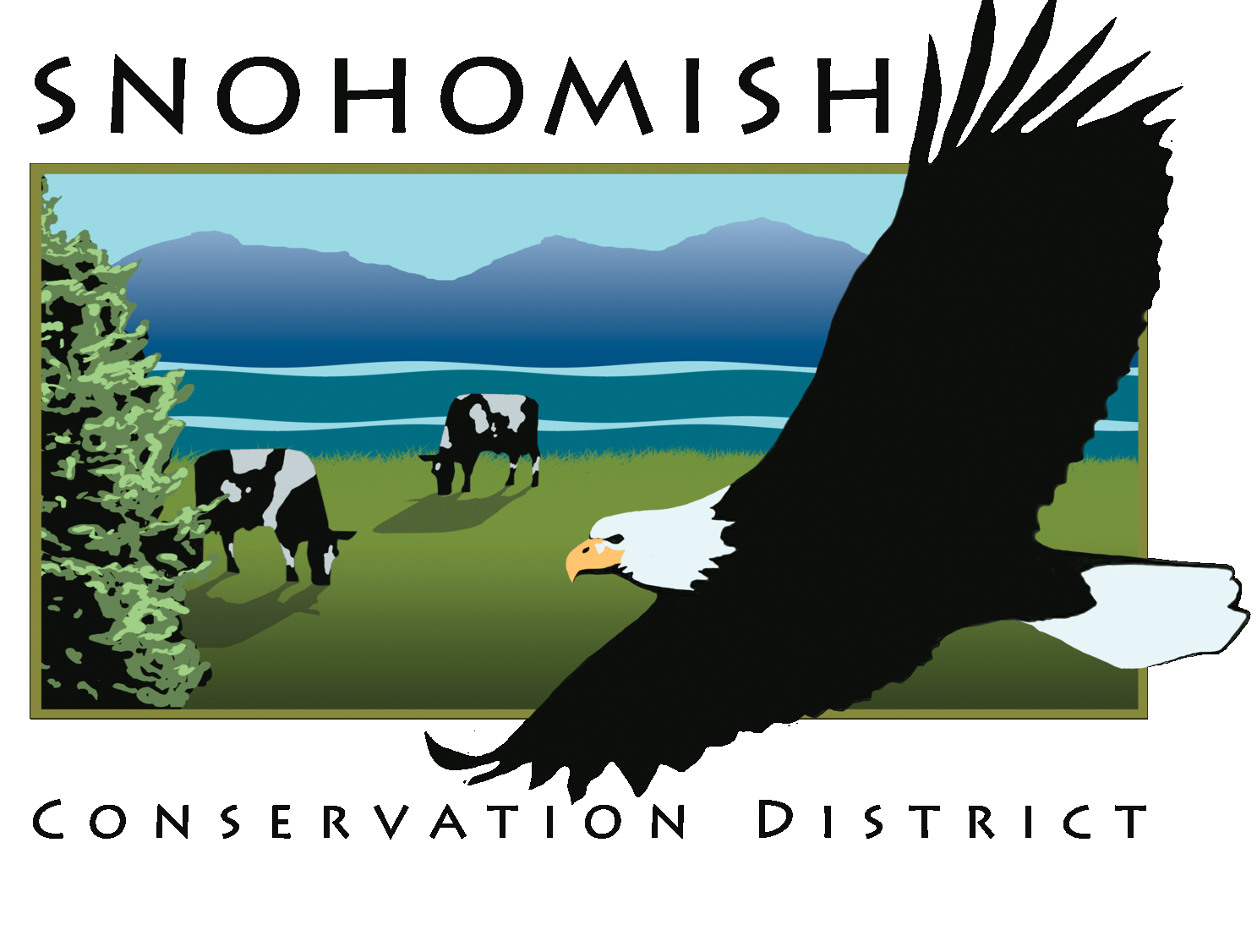Providing Culturally Relevant Foods
Growing Food | Free Food | Growing Local Markets | Educational Opportunities | Ways to Contribute | Protecting Farms & Farmland | Mini Grants
“Food sovereignty is the right of peoples to healthy and culturally appropriate food ... and their right to define their own food and agriculture systems.”
Food Sovereignty
A few years ago, we worked with World Relief Seattle and the Hillside Church to transform an abandoned parking lot into a community garden for refugees from 23 different countries. Because of this project, refugees are able to grow food from their home countries that can't be found in American grocery stores.
Food sovereignty empowers individuals to take control of their nutrition. We’ve partnered with multiple organizations to help them meet the needs of their community. If you are interested in expanding or creating a community garden and want more information on food sovereignty, please reach out to us at lawnstolettuce@snohomishcd.org.
How Can I Support Food Sovereignty?
There are several ways you can provide culturally-relevant foods. A great way to start is with a survey to learn what your community’s cultural food needs are.
What is Food Dignity?
Food dignity often coincides with food sovereignty. It’s about breaking through the barriers associated with healthy food access and normalizing an empathetic culture so that people in need are supported, honored, validated, and respected during a difficult time.
“Food dignity is about finding what promotes dignity and what violates dignity... Being able to feed your family what you believe is healthy and right promotes dignity.”
Additional Resources
If you’re interested in reading more about food sovereignty in the context of specific cultures, we’ve included a few resources that have been recommended to us by members of the community.
Farming While Black: Soul Fire Farm's Practical Guide to Liberation on the Land by Leah Penniman
Working the Roots: Over 400 Years of Traditional African American Healing by Michele E. Lee
Indigenous Cultural Food Resources
FDPIR Nutrition Education Toolkit
International Indian Treaty Council
Black Farmers Collective
The Black Farmers Collective is a mutual aid network of Black-led, regenerative farms in partnership with other BIPOC farmers, organizers, and leaders creating a food system for healthier communities.






